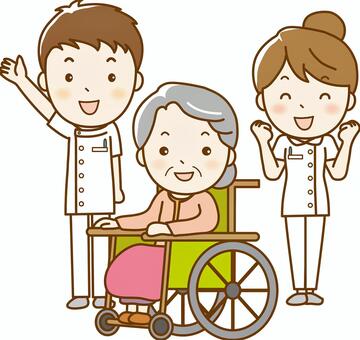
Nursing Care Giver
Nursing Care Giver Japan
The nursing care exam in Nepal is primarily an exam to certify specialized knowledge and skills in the nursing care field. By passing this exam, you will be eligible to work in the nursing profession. The specific content and exam system are as follows.